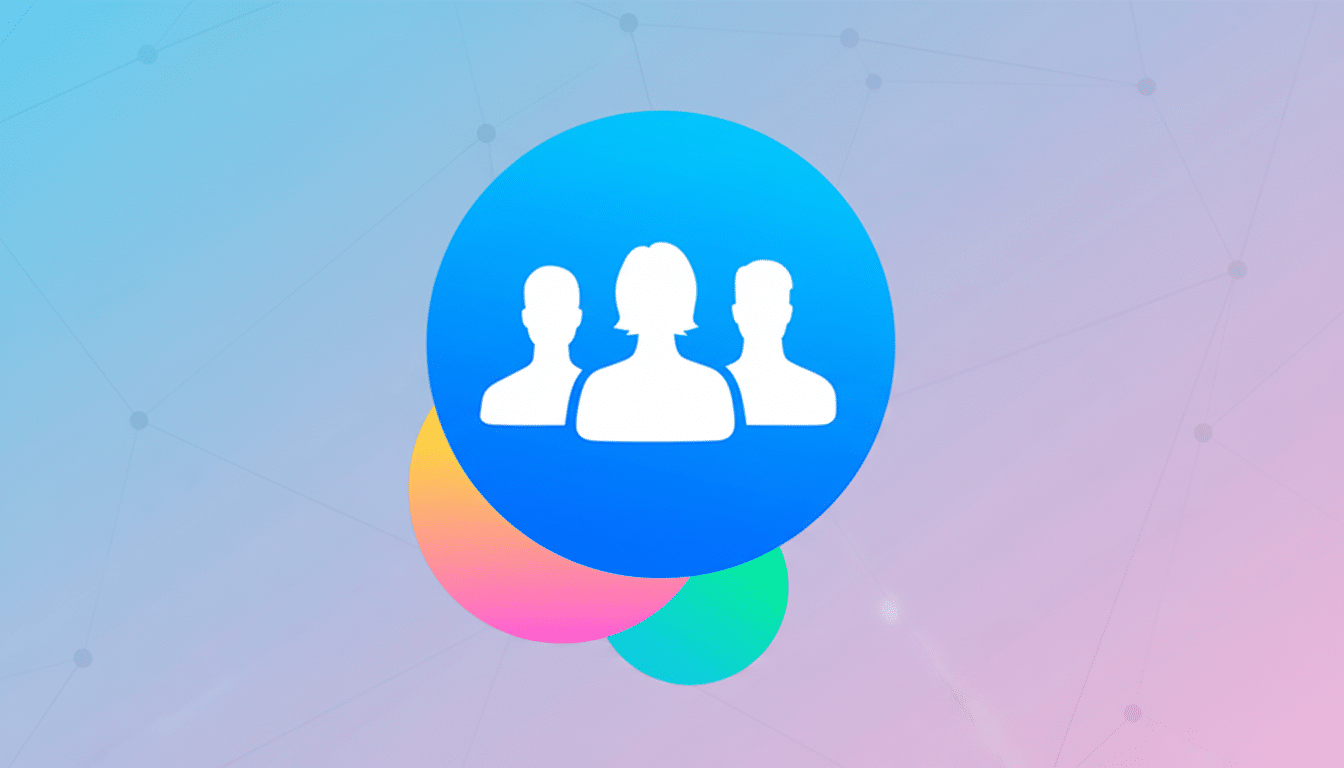Meta is introducing nicknames for Groups on Facebook, allowing members to post and comment with a custom handle instead of their real name. It’s a clear nod to the culture of pseudonymous communities on Reddit and Discord, and a significant departure from Facebook’s long-held real-name identity model. The change is meant to encourage greater participation from individuals in groups where issues sensitive or important to them are discussed, while maintaining a thread of accountability for moderators.
How Facebook Group Nicknames Work and What They Allow
Members of eligible groups can select a distinctive nickname and an optional profile picture with a colored background, and then post, comment and react as that identity. The handle is internal to the group and does not replace a user’s primary profile. Admins and moderators continue to have visibility into the underlying account, and Facebook’s systems still enforce Community Standards.

Visibility seeks to set the stage for privacy while maintaining long-distance views. Fellow members can see an individual’s in-group history of posts as well as recent comments and reactions, so reputations can develop without putting a real name to someone’s face. Nicknames can be edited, but only once every 2 days. When switched, the new handle is retroactively branded on all posts and comments in that group, so users can’t whitewash a soiled past by adopting a new identity.
There are guardrails. Nicknames are subject to platform rules and cannot replicate another member’s handle in the same group. Some features are off limits in nickname mode, such as Live Video, private messaging and specific content sharing functions. The toggle is by the current anonymous options, and members can switch back to their real names anytime they want.
The feature is rolling out on a worldwide basis, but each community’s administrators have to manually opt in, so whether or not pseudonymous participation is a good fit for a group’s norms will strictly be up to the discretion of its moderation team.
From Real Names to Nicknames: Why Facebook Shifted
Facebook’s real-name policy was instrumental in establishing a network built on these offline relationships. But Groups broadened the platform’s role beyond family and friends into shared interests, health support and professional learning — areas where people often want privacy without sacrificing a consistent identity. It’s allowed anonymous posting in some existing Groups but the cloak of anonymity means it’s difficult to build trust, follow repeat contributors or reward helpful voices.
They straddle two social internet models through their nicknames. Users are capable of stripping their contributions from their public profiles, but still shape known personas in a community. Pew Research has found time and again that people value the ability to talk about sensitive topics under the cover of pseudonymity, especially around health and politics. That dovetails with Meta’s messaging that Groups are a linchpin of its platform: the company has declared that more than 1.8 billion people use Facebook Groups each month, across tens of millions of groups.

Taking a Page from Reddit and Discord’s Pseudonyms
The rise of Reddit was an ascent built on usernames, not real identities. In its IPO filing, Reddit reported about 73 million daily active unique users with hundreds of millions more who visit at least weekly — tallies bolstered by interest-specific forums where handles are the norm. Discord, meanwhile, only really works in topic-based servers with pseudonymity. With the addition of nicknames, Facebook is signaling that it wants a piece of that same behavior, minus spinning up another app.
It’s also a retention angle. Interest communities tend to be stickier than news feeds alone. Members in parenting, health, local trading or workplace learning groups who feel safer sharing under a handle are more likely to ask questions, publish guides and come back to reply — contributions that make a group more useful and content therein more discoverable via recommendations.
Safety and Moderation Implications for Facebook Groups
Pseudonyms can encourage participation, but they can also create an opening for bad actors. Meta’s edgework around design choices seeks to mitigate risk: admins can still see real accounts; activity history under a nickname is traceable; the nastier features are locked away. That gives moderators a stick to wield against brigading, ban evasion and misinformation — but without reducing users to having no privacy in front of their peers.
Execution will matter. Group owners can revisit rules to clarify what’s acceptable, for example specifying when nicknames are allowed, what constitutes impersonation and how repeat offenders who surface under several identities will be treated. Clear rules plus transparent enforcement usually are correlated with more healthy discussion — something academic research on online communities has been pointing to for years.
What It Means for Community Leaders and Group Admins
Expect a swell of participation initially in places where the feature is enabled, particularly around topics that are best supported by privacy: fertility support groups, discussions about chronic illness, job seeking communities, neighborhood public safety and hobbyist trading. Admins can test out nicknames in the Q&A and peer support threads, with the option to leave real names for buy–sell verification or event signups.
The larger takeaway is that Facebook is retooling Groups to be more like the broader social web — less about who you know, more about what you care about. Whether nicknames become a mainstream or specialized instrument will depend on how well Meta can thread the needle between expression, reputation and protection. If it can nail that concoction, Facebook could wrest time and discussion away from Reddit-style forums without having to ditch the accountability that made Groups functional at scale.

